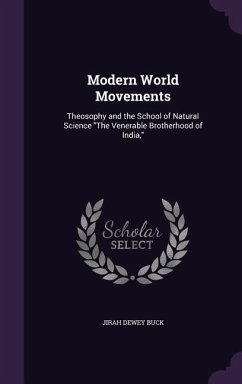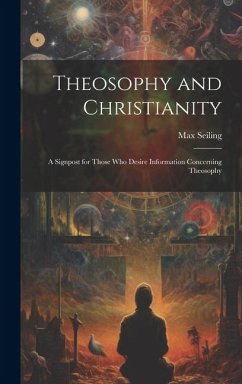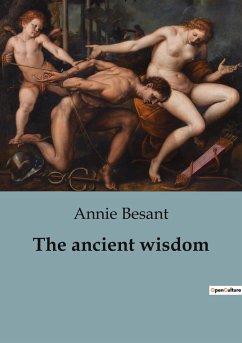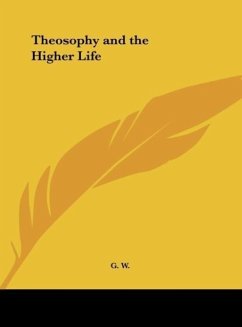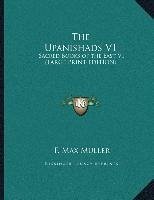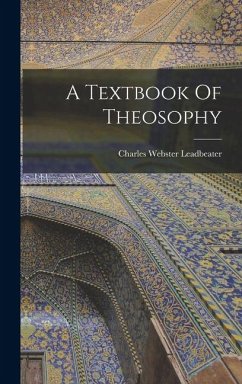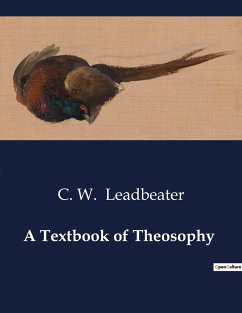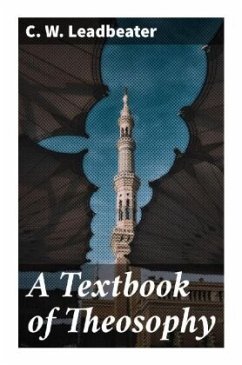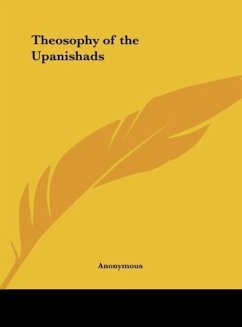
Theosophy of the Upanishads

PAYBACK Punkte
16 °P sammeln!
1896. Part I. Self and not self. For the work of enkindling our understandings, the great Indian Upanishads are specially and strikingly endowed. Our needs are rather for the understanding than for the will; for wisdom rather than righteousness; for a theosophy rather than for a religion. No where shall we find these needs better supplied, or nearly as well supplied, as in the theosophy of the great Indian Upanishads.



